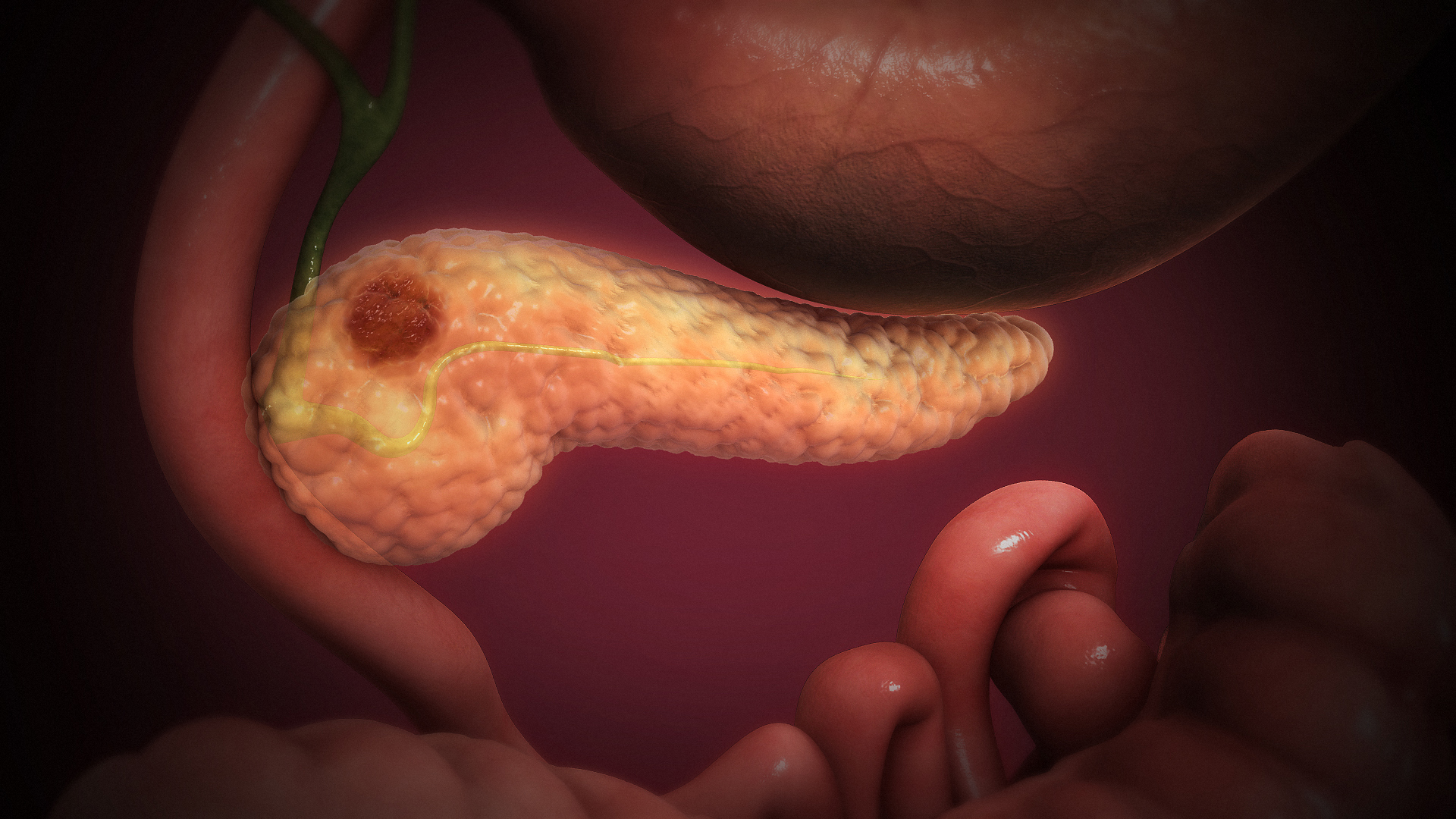Pancreatic cancer and diabetes are two significant medical conditions that have been observed to share a complex and interconnected relationship. Studies indicate that diabetes may serve both as a potential risk factor for the development of pancreatic cancer and as a consequence of its onset. This bidirectional association underscores the importance of understanding the underlying mechanisms linking these conditions. By exploring their relationship, medical professionals can improve diagnostic accuracy, enhance patient outcomes, and inform the development of tailored therapeutic strategies.
Understanding Risk Factors
Type 2 diabetes, which primarily affects adults, has been identified as a potential risk factor for pancreatic cancer. Chronic inflammation and insulin resistance, common in individuals with diabetes, may contribute to changes in the pancreas over time. Elevated blood sugar levels can also create an environment that encourages abnormal cellular growth, increasing susceptibility to cancer in this organ.
Not all people with diabetes develop this type of cancer. Long-term or poorly managed diabetes appears to elevate the likelihood. Those recently diagnosed with diabetes who also experience unexplained weight loss or abdominal discomfort should explore further medical assessments. Although it may seem insignificant, this should be done as a precaution.
Linking Cancer and Diabetes
This type of cancer can sometimes lead to the onset of diabetes. Tumors present in the pancreas may affect its ability to produce insulin effectively, disrupting blood sugar regulation. This is particularly common in cases where diabetes develops shortly before a cancer diagnosis, often serving as an early warning sign for the disease.
Approximately 40 to 50 percent of these cancer patients are diagnosed with diabetes, either concurrently or shortly after their cancer diagnosis. This form of diabetes often lacks some of the typical risk factors seen in type 2 diabetes. This includes factors such as obesity or family history. Medical professionals encourage monitoring the sudden development of diabetes in otherwise healthy individuals. It may serve as an indicator of pancreatic abnormalities. Early detection is key, as this type of cancer often presents with subtle, easily overlooked symptoms.
Overlapping Symptoms
There are symptoms that overlap significantly between diabetes and pancreatic cancer. These overlapping signs can make it challenging to discern the root cause, emphasizing the need for further evaluation. Here are some common overlaps:
- Unexplained weight loss often occurs in advanced cancer and poorly controlled diabetes. Both conditions can interfere with metabolism, which may cause the body to shed weight rapidly.
- Fatigue is frequently associated with high blood sugar levels in diabetes and cancer progression.
- Pain or discomfort in the upper abdomen, radiating to the back, might appear as a symptom of this type of cancer.
- Changes in blood sugar levels or newly diagnosed diabetes can sometimes accompany undiagnosed pancreatic cancer.
Detecting these overlapping symptoms allows individuals to seek earlier medical advice, potentially leading to quicker interventions for both conditions.
Learn More About Pancreatic Cancer
The connection between diabetes and pancreatic cancer demonstrates the complicated nature of these conditions. Diabetes may be a precursor to this cancer or develop as a consequence of it. Both conditions share overlapping symptoms, further complicating diagnosis. Monitoring these symptoms and discussing changes in health with a healthcare provider can promote early detection and better outcomes.
- mylovelyfurryfriend discover expert tips on dog health
- Infectious Diseases Updates – Stay Informed, Stay Protected!
- Wegovy For Weight Loss – A Breakthrough in Managing Obesity!
- Emergency Medicine Forum – A Hub for Fast-Paced Knowledge, Support & Updates!
- Pediatrics Discussions – Insights, Challenges, and Expert Advice for Better Child Health!





Leave a Reply